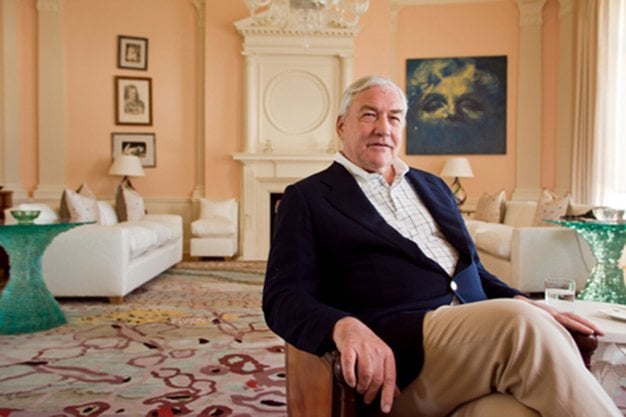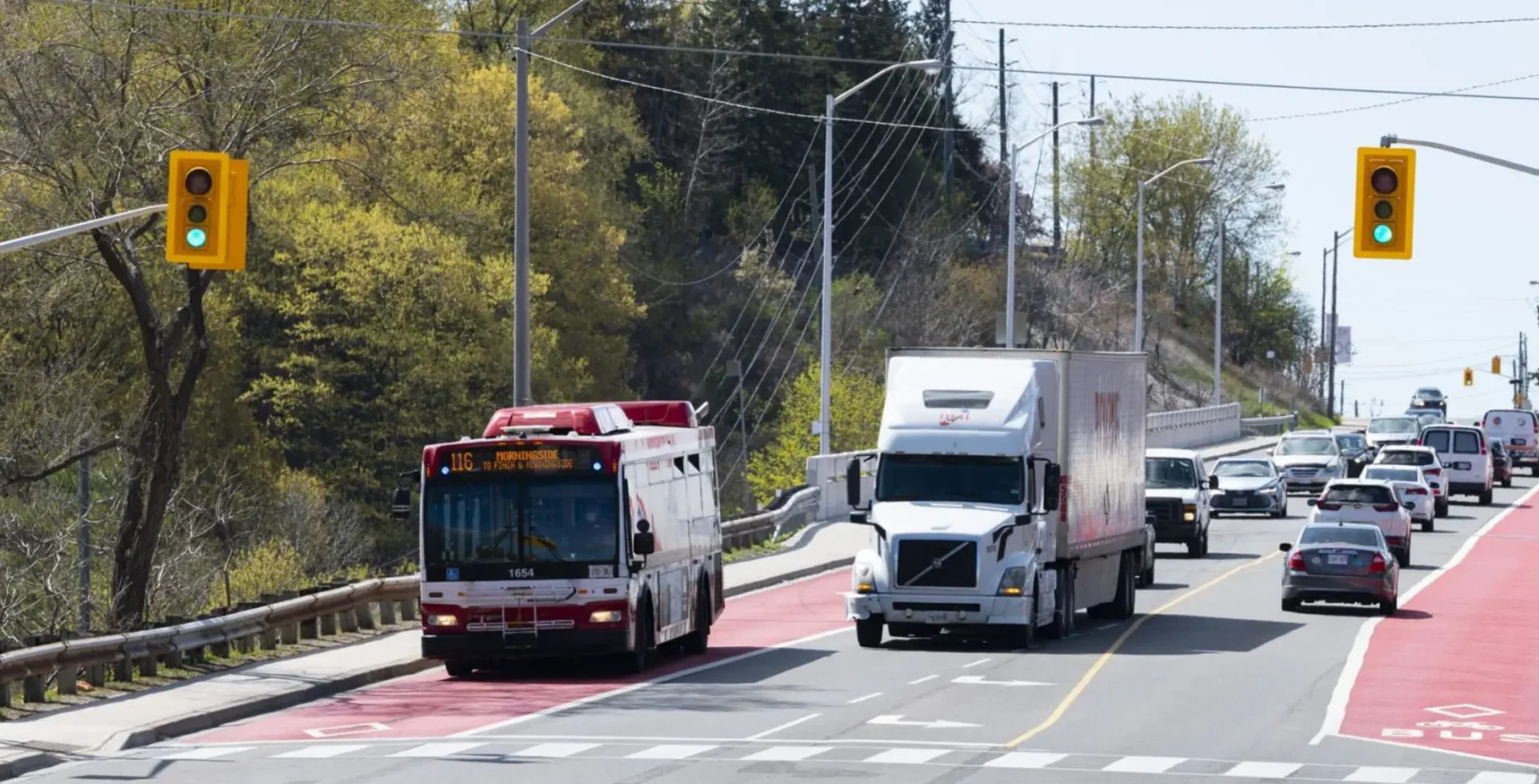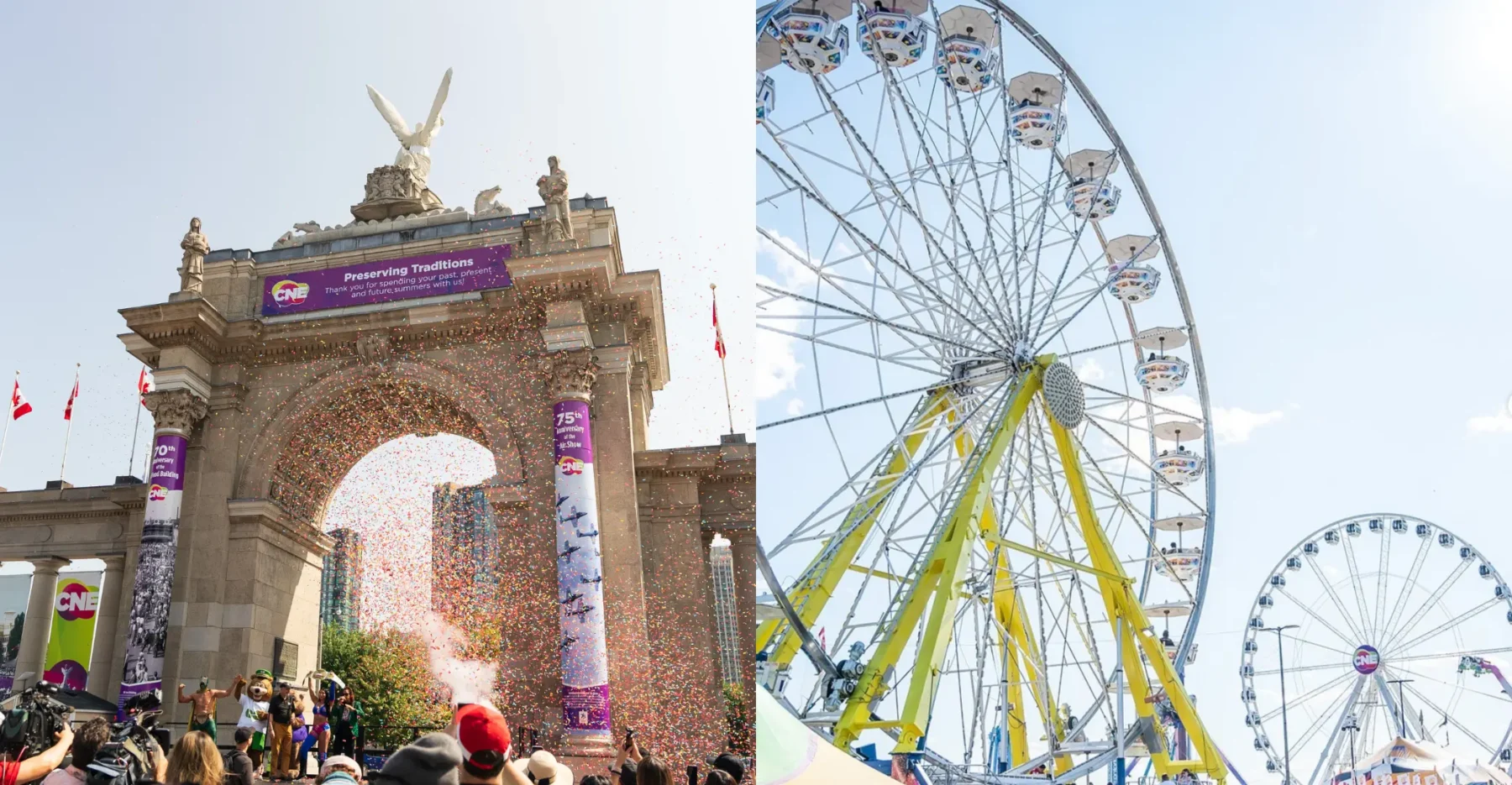
Conrad Black has a thing for charlatans. He refers to them often in his prose.
He was at it again on Saturday in the National Post, deriding those who had been calling for reflection instead of the usual flag-waving fireworks on Canada Day. We have been “bewitched.”
Black is apparently unmoved by the recent discoveries of the mass graves of more than 1,000 Indigenous children at the former sites of four (and counting) so-called Indian Residential Schools. So, too, it seems, are the majority of his fans. Of the more than 253 comments on Black’s story by Saturday afternoon, most are of the predictable variety agreeing with Black and others too offensive to mention.
Black’s penchant for pomposity is well known. He’s also a bit of a windbag, which is to say that he’s paid to offer his opinions, even if they may not always be grounded in facts.
But as a senior columnist for the largest newspaper chain in Canada – and éminence grise of Canada’s conservative movement – you’d think Black would display a little tact when talking about the discovery of unmarked mass graves. That may be too much to ask of someone who was pardoned for fraud by Donald Trump after writing a glowing book about the former president. But Black should know better. He’s supposed to be a historian.
Still, his views are noteworthy for what they say about just how out of touch the conservative right has become when it comes to our nation’s residential schools shame. “Righteous self-hate,” Black hollers. The denial runs deep. It’s a little like the denial we’ve come to associate with the Holocaust. (Just so we are clear, I’m not drawing a direct comparison here, except on the denial part.) Here, too, Black has some odious connections to account for, but back to the subject of Canada’s genocide.
The UN is on record as calling Canada’s treatment of Indigenous peoples genocide. Desmond Tutu was calling it apartheid back in the 1990s.
Did more than 6,000 Indigenous children die in Indian Residential Schools? The Truth and Reconciliation Commission’s report says that’s a conservative estimate.
Archeological research conducted for the commission found records documenting 3,213 deaths, but suggests the number is much higher, noting that official records weren’t kept on deaths for the first seven decades that the schools were in operation. At its height, more than 150,000 Indigenous children were enrolled in Canada’s residential schools.
Systemic racism? Doesn’t exist in Canada, argues Black, who writes that, “There should also be a supplement to the Truth and Reconciliation report on Indigenous residential schools that more accurately reflects the nuances of the information adduced. It was a time when child mortality rates in all groups were much higher than they are now.”
In other words, it’s really not as bad as Canadians have been led to believe.
Black says he’s no racist. He points out that he actually advocates a “radical rethinking” of Canada’s relationship with its Indigenous peoples. Only it’s not the kind Indigenous leaders have been calling for that recognizes treaties and nation-to-nation negotiations. It’s more about ending what Black calls the “aboriginal victimhood industry” and those alleged billions in handouts wasted over the years. You get the drift.
What this country would like to see is a return to the kinds of policies espoused by the erstwhile Reform Party – namely, to get rid of government ministries overseeing Indigenous affairs and “a complete makeover of native policy which should cease to be guilt-ridden and instead focus on assisting those natives who wish more fully to integrate in Canadian society.” As for those who don’t, Black says that those individuals should be assisted “in a way that is sustainable.”
I remember being at those early Reform conventions and the general attitude toward Canada’s Indigenous peoples was “we won, get over it.”
But as more Canadians are discovering, it wasn’t quite that simple. Along with conquest came genocide. We didn’t just subjugate Indigenous peoples, we forcibly confined them to reservations and took away their way of life. We cut off their food supply to starve them into submission. We abducted their children. We beat the Indian out of the child, as John A. Macdonald had ordained, to the point that Indigenous children were taught to hate their culture and their parents.
Black (and others) are bemoaning how white people are supposedly being taught to hate themselves and their culture, yet he has nothing to say about that exact thing being done to Indigenous kids.
The fallout from residential school abuses is being felt today in the number of Indigenous people in the foster care system, the number living in poverty, and prison incarceration and high school dropout rates, all of which far exceed national averages.
But according to Black, there is no need to listen to the voices calling for recognition of the suffering of Indigenous peoples. Or the need to rethink reminders of Canada’s crimes. He describes the recent decision to remove John A’s statue from a park in Kingston as “an unmitigated disgrace perpetrated by cowards, poseurs and idiots.”
Black rightly sings the praises of Canada as one of the most successful parliamentary democracies in the world. It’s a decidedly different tune than the one he was singing after he gave up his Canadian citizenship in 2001 to become a British Lord. But I digress. We’re right up there, says Black, with the great democracies of the world – the UK and U.S. – only without the baggage of colonialism and slavery.
That should be nothing to write home about given how deeply divided both countries are along political lines at the moment. After four years of Trump, Americans are also re-evaluating their attachment to the flag as a symbol of unity. For Canadians, there are some hard truths to face, too.












